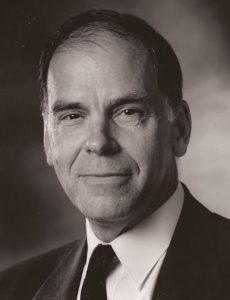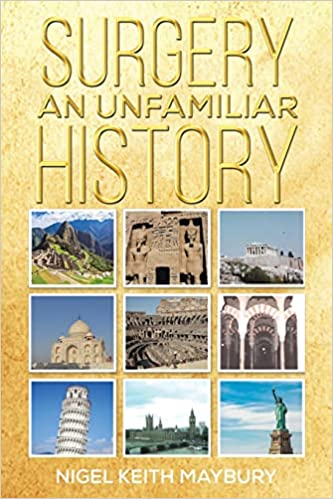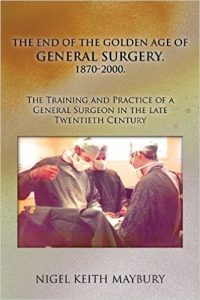About the Author

Since the age of eleven I have wanted to become a surgeon. The original reasons are lost in time, but I persisted in my aim and was lucky enough to achieve my ambition.
Not a brilliant student but well focused I succeeded in gaining entrance to Pembroke College, Oxford and afterwards went for my Clinical Studies to St Thomas’s Hospital in London.
It was at St Thomas’s, while attached to a Surgical Firm as a clerk, I and a few colleagues lived continuously in the hospital day and night for one week in every four. It was this experience that confirmed my desire to be a surgeon.
It was the sheer volume and variety of conditions that patients suffered from and were admitted for elective surgery or as emergencies, day and night, that was not only fascinating but also exciting. We students were put to work clerking patients, examining them, taking bloods and putting up drips, attending the emergency operations that usually took place during the night. We were supervised by the house officer, registrar and senior registrar who all lived in and were very much in evidence and daily the senior registrar did a ward-round of all the patients checking them and teaching us all the time and we did formal teaching ward rounds with the consultants twice in the week.
This was the beginning of a long apprenticeship which continued after qualification in 1968 for twelve years before I was appointed as a consultant surgeon.
It was compulsory for would be surgeons to have to work in casualty (A&E) for six months and this taught how to diagnose and treat emergencies, including RTAs and patients with acute abdomens. This required careful history taking and detailed physical examination. There were x-rays and blood tests but no scanners of any kind and endoscopy was not available, decisions were taken on the clinical findings. This proved a valuable introduction for when I became a junior (pre-fellowship) registrar at Warwick Hospital.
There I was the only general surgical registrar in the hospital that took all emergencies in South Warwickshire. I worked all hours as is described in my book, while gaining diagnostic and operating skills across a wide range of conditions under the supervision of my chief. At the end of two years of fascinating experience I took the examination and became a Fellow of the Royal College of Surgeons of England.
Further skills and wide surgical experience was gained at the Middlesex Hospital, London where I then carried out research for thesis with which I achieved a Doctorate of Medicine. Then moved to Leicester Royal Infirmary as a Lecturer in Surgery, for three years, in the then new Medical School where I learned vascular surgery under Sir Peter Bell.
I decided I wanted to be a hands-on surgeon and not an academic and was appointed as a Consultant General Surgeon at the Royal Albert Edward Infirmary in Wigan a District General Hospital. There had been no vascular or upper gastro intestinal surgery in the hospital and I had the pleasure and satisfaction of setting up services which flourished, while continuing with all the other aspects of general surgery as it then was.
The actual work carried out by my Firm is described in the book ‘The End of the Golden age of General Surgery’ which is available on Amazon, also further information is given in the shorter book describing the ‘Life and Times of a General Surgeon’ on this website.
Contact
If you'd like to contact me please do so via keith@historyofgeneralsurgery.uk
Surgery an Unfamiliar History
By Nigel Keith Maybury

£10.99 from Amazon
The End of the Golden age of General Surgery
1870-2000. The Training and Practice of a General Surgeon in the late Twentieth Century

£9.54 from Amazon
